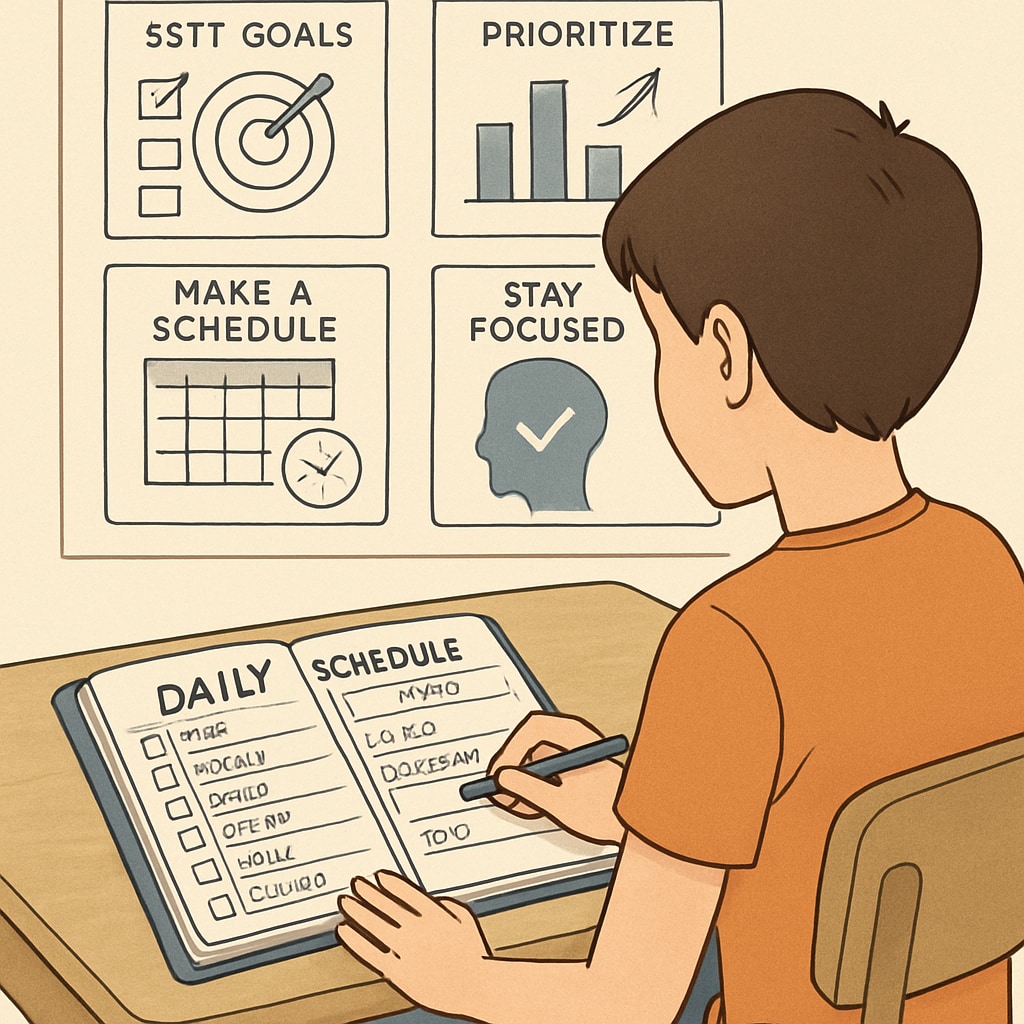The current education system provides students with a wealth of academic knowledge but often overlooks teaching vital life skills like financial education and time management. These practical abilities are foundational for navigating adulthood successfully, yet they rarely find a place in school curricula. By integrating these subjects into K12 core courses, schools can better equip students for the challenges and opportunities of the real world.
Why Financial Education Is Crucial in Schools
Financial education empowers individuals to make informed decisions about money, savings, and investments. Unfortunately, studies show that many young adults enter the workforce without basic financial literacy, leading to poor money management and debt accumulation. Teaching students about budgeting, taxes, credit scores, and long-term financial planning can help them avoid these pitfalls.
For example, a curriculum focused on financial literacy could include lessons on:
- How to create and maintain a budget
- Understanding interest rates and loans
- Basics of investing and building wealth
- Recognizing financial scams and fraud
Financial literacy on Investopedia highlights that these skills are critical for achieving financial independence and stability. As a result, teaching them early can set students on a path toward lifelong success.

The Importance of Time Management as a Core Skill
Time management is another overlooked skill that has profound implications for personal and professional success. Without effective time management, students might struggle to balance schoolwork, extracurricular activities, and personal responsibilities. Learning how to prioritize tasks, set deadlines, and avoid procrastination can significantly improve productivity and reduce stress.
Incorporating time management into school curricula could include:
- Techniques to break down large projects into manageable tasks
- Using tools like planners and calendars
- Understanding the importance of deadlines
- Strategies for minimizing distractions
Time management on Britannica explains how mastering this skill can lead to better performance in academics and later in the workplace.

How Schools Can Integrate These Skills Into Core Curricula
To make financial education and time management a standard part of K12 education, schools can adopt innovative teaching methods that engage students and emphasize real-world applications. For instance:
- Interactive workshops on personal finance and budgeting
- Role-playing scenarios to simulate real-world financial decisions
- Incorporating project-based learning to teach time management
- Partnering with financial institutions for guest lectures and resources
Furthermore, schools could offer these subjects as mandatory courses, ensuring that every student receives consistent exposure to these crucial skills. For example, a semester-long course on “Life Skills” could combine financial literacy and time management alongside other practical topics like communication and problem-solving.
Preparing Students for the Real World
By integrating financial education and time management into school curricula, students can leave high school better prepared to manage their personal and professional lives. They will not only gain confidence in handling their finances but also learn how to make the most of their time—two abilities that are essential for success in any field.
As parents, educators, and policymakers advocate for a more balanced education, the inclusion of these subjects will ensure that students are ready for the complexities of adulthood. It’s time for schools to recognize the importance of these life skills and make them a cornerstone of K12 education.
Readability guidance: This article uses short paragraphs, lists, and clear transitions to enhance readability. It balances academic rigor with accessibility, ensuring that the content is engaging and informative for a broad audience.


